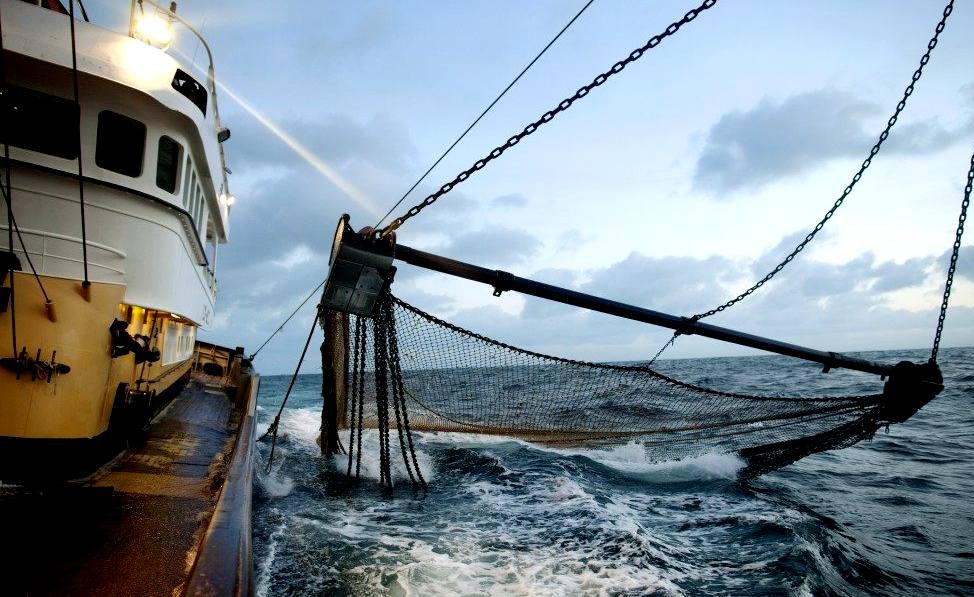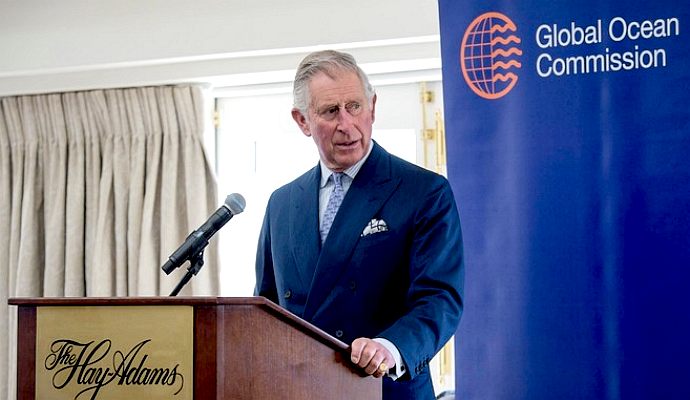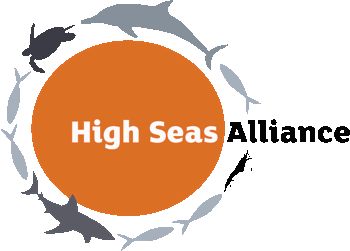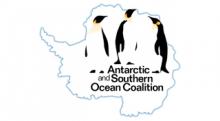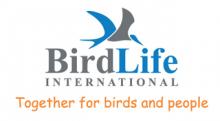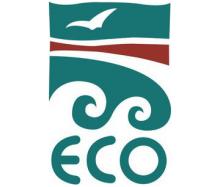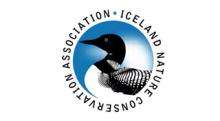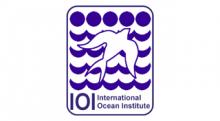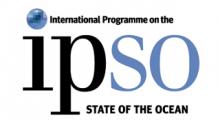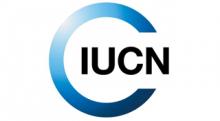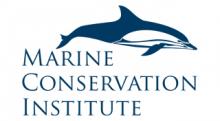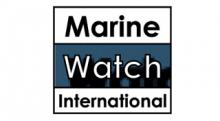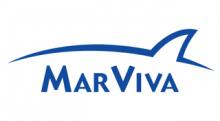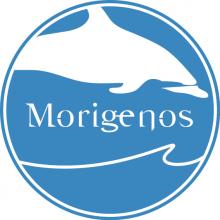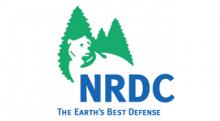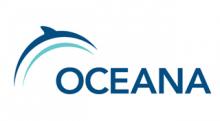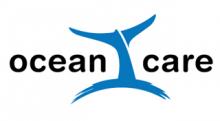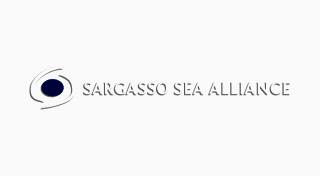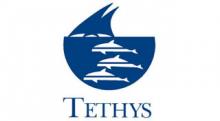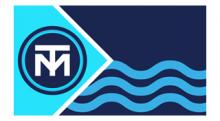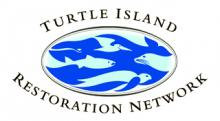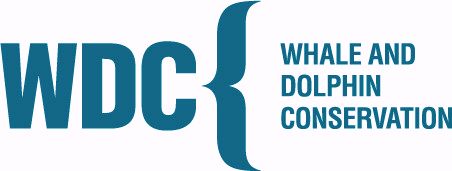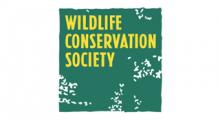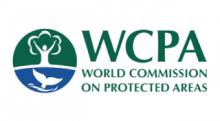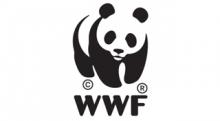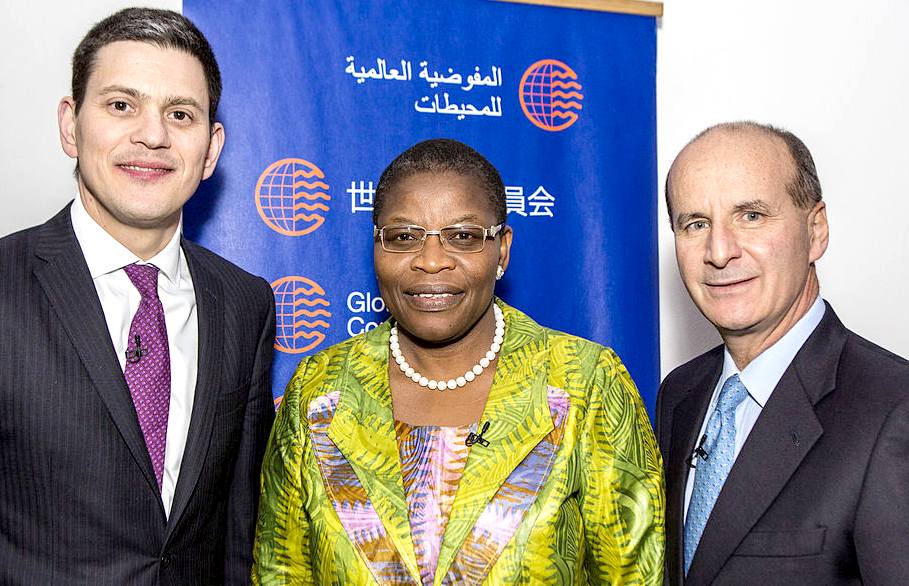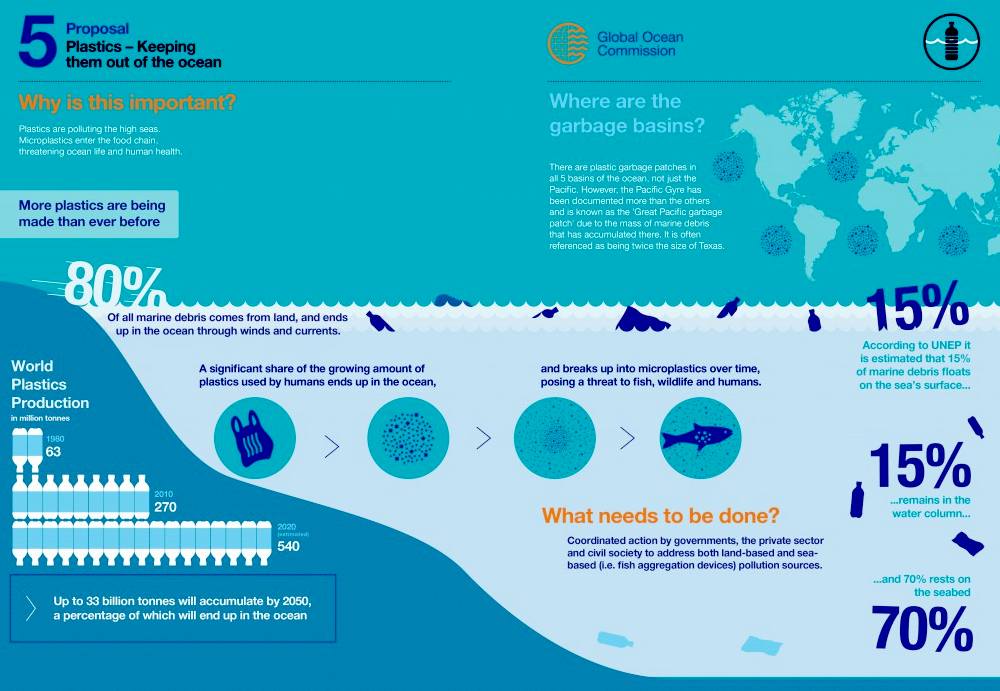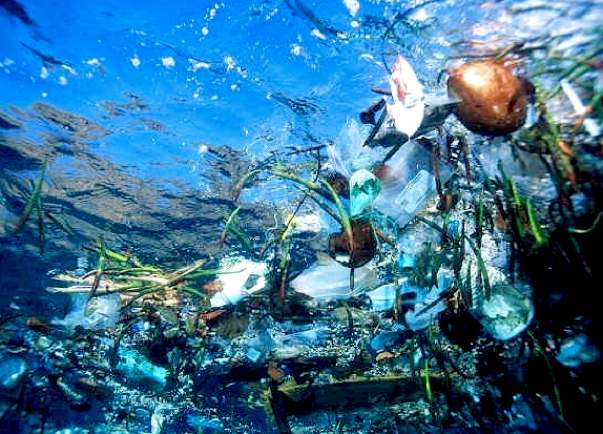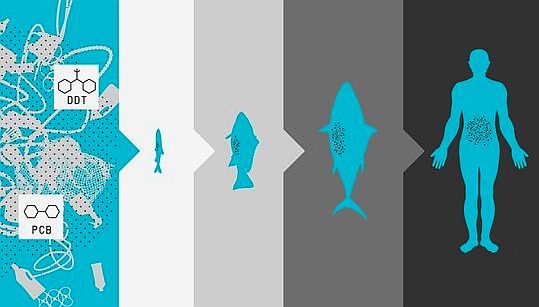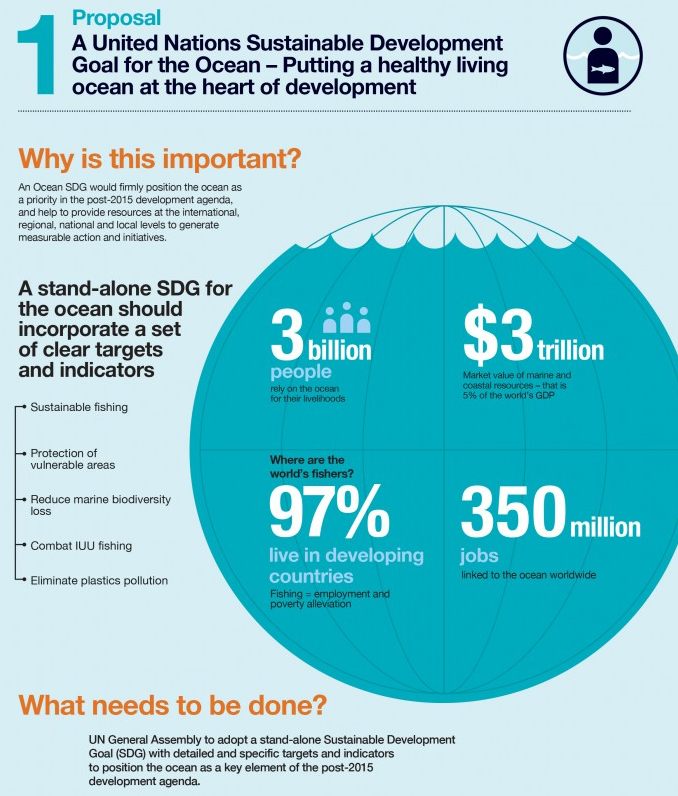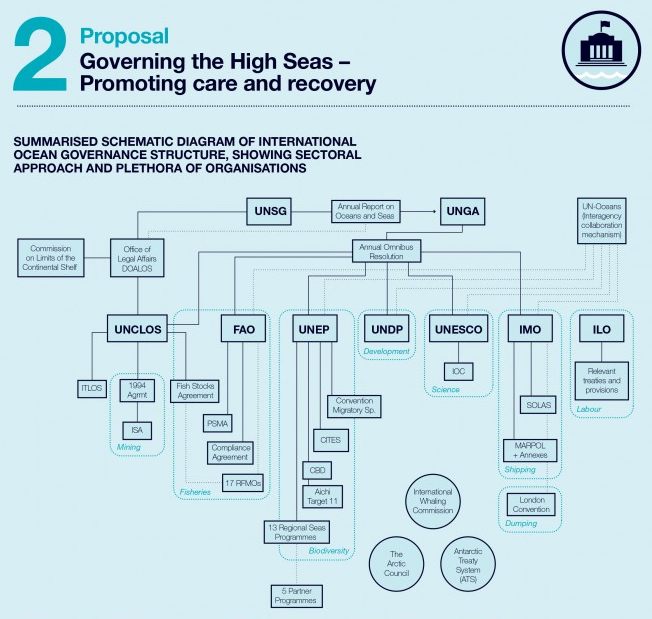|
THE HIGH SEAS ALLIANCE
|
|||||||||||||||||||||||||||||||||
|
We
take fish for granted, but our untidy habits are poisoning the high seas
leading to an inevitable crash - when fish is no longer deemed safe to eat
and we have overfished the oceans to extinction. To ensure fish stocks we need to
eliminate plastic waste from the food chain before it's too late and curb
pirate fishing.
The High Seas Alliance is a partnership of organizations and groups aimed at building a strong common voice and constituency for the conservation of the high seas. The Alliance is currently made up of 27 NGOs plus the International Union for the Conservation of Nature (IUCN).
The High Seas Alliance is sponsored by The Ocean
Foundation.
At the
Rio +20 Summit in June 2012, governments committed to "address, on an urgent basis, the issue of the conservation and sustainable use of marine biological diversity of areas beyond national jurisdiction including by taking a decision on the development of an international instrument under UNCLOS" (para. 162, The Future We Want). The High Seas Alliance (HSA), on behalf of its 27 member organizations, welcomes this high level expression of political will. We stress the importance of beginning the process to negotiate a High Seas Biodiversity Agreement under UNCLOS, the
United Nations Convention on the Law of the Sea.
HRH the Prince of Wales speaking at a Global Ocean Commission event in Washington DC in March of 2015. The future King of England has consistently kept a weather eye open to help safeguard the marine environment.
OCEAN GOVERNANCE - BACKGROUND
Marine life needs to be protected against ocean pollution. Ocean pollution includes plastic, nets and oil spills. Technology with the potential to alleviate such issues should be accelerated as a high priority.
LEGAL LOOPHOLES
“The EU therefore supports a new implementing agreement of UNCLOS which would address both the conservation and the sustainable use of marine biological diversity in areas beyond national jurisdiction. It should address the issues of marine protected areas and environmental impact assessments.” (Maria Damanaki, European Commissioner for Maritime Affairs and Fisheries, statement at the Economic, Social and Environmental Council, Paris, 11 April 2013)
HIGH
SEAS ALLIANCE CONTACTS
HIGH SEAS ALLIANCE - MEMBERS
THE UNITED NATIONS ENVIRONMENT ASSEMBLY (UNEA)
UNEA is the highest-level UN body ever convened on the environment. It enjoys universal membership of all 193 UN member states as well as other stakeholder groups. With this wide reach into the legislative, financial and development arenas, the new body presents a ground-breaking platform for leadership on global environmental policy. The UNEA boasts over 1200 participants, 170 national delegations, and 80 ministers. With all this muscle, can we expect to see some positive action to clean up ocean plastic from local and international waters?
For more information, visit the website of the UNEP Regional Seas Programme: http://www.unep.org/oceans40
Global Ocean Commissioners at the 2013 launch. From left: David Miliband, Obiageli 'Oby' Ezekwesili, Jose Maria Figueres.
The Commission will publish its final recommendations in early 2014, shortly before the United Nations General Assembly begins discussions on protecting high seas biodiversity. The Commission’s report will consist of proposals improve the system of governance, thus ending high seas overfishing, stopping the loss of habitat and biodiversity, and improving monitoring and compliance.
GOC PROPOSAL 5 - KEEPING PLASTICS OUT OF THE OCEAN
Plastics are a major source of pollution on the high seas and a health threat to humans and the environment. This reflects poor handling and waste management practices on land and requires a combination of political and regulatory action supported by an increase in consumer awareness.
WHAT NEEDS TO BE DONE?
Tons of plastic floating in our oceans is a serious problem we face on this globe, considered to be one of most serious threats to our oceans. 90% of all trash floating on the ocean’s surface is in the form of plastic materials, with 46,000 pieces of plastic per square mile. Plastic does not biodegrade, it photo-degrades with sunlight, breaking down into smaller and smaller pieces. These plastic pieces are eaten by marine life and eventually works it way up the food chain - as per the diagram below.
Plastic is also swept away by ocean currents, landing in swirling vortexes called ocean gyres. The North Pacific Gyre off the coast of California is home to the Great Pacific Garbage Patch, the largest ocean garbage site in the world. The floating mass of plastic is twice the size of Texas. These floating garbage sites are impossible to fully clean up. Over 100,000 marine mammals and one million seabirds die each year from ingesting or becoming entangled in plastic. Plastic poses a significant threat to the health of sea creatures, both big and small. It takes 500-1000 years for plastic to degrade, threatening both human and ocean health.
EUROPEAN COMMISSIONER FOR ENVIRONMENT, FISHERIES & MARITIME AFFAIRS
The Commissioner for Maritime affairs and Fisheries is a member of the European Commission. The portfolio includes policies such as the Common Fisheries Policy, which is largely a competence of the European Union rather than the members. The Union has 66,000 km of coastline and the largest Exclusive Economic Zone in the world, covering 25 million km². They also participate in meetings of the Agriculture and Fisheries Council (Agrifish) configuration of the Council of the European Union. Their governance is thus a model for the world and should send a signal to other fishing nations as to important issues and remedies. Actions speak louder than words.
Global Ocean Commission co-Chairs David Miliband, Trevor Manuel and José María Figueres wrote to new European Commissioner for Environment, Fisheries and Maritime Affairs, Karmenu Vella, to express support for the EU’s pioneering regulation on illegal, unreported and unregulated (IUU) fishing and to seek a meeting for further exploration and discussion.
IUU fishing has a devastating impact on marine environments, livelihoods, food security and illegal fishers. The Global Ocean Commission believes that the EU IUU Regulation has tremendous potential for stopping the trade of illegal fish products into the world’s largest seafood market – the EU – and, as a result, contributing to discouraging and eliminating IUU fishing practices around the globe.
The Directorate-General for Maritime Affairs and Fisheries (also known in short as DG MARE) is the Commission department responsible for the implementation of the Common Fisheries policy and of the Integrated Maritime Policy. DG MARE reports to Karmenu Vella (left), Commissioner for Environment, Maritime Affairs and Fisheries. Lowri Evans has been Director-General in DG Maritime Affairs and Fisheries since 2010. Prior to that she has worked in several policy areas in the European Commission notably Competition and Employment.
Stopping illegal products from entering the EU allows for the creation of a level playing field for EU fishermen who operate in a legal, transparent and fair way and provides a safety net for protecting the supply chains of European processors and retailers.
The Regulation is also a showcase at the international level, demonstrating the influence one key market state can have as it encourages on-the-ground improvements in fisheries governance, monitoring control and surveillance in flag, coastal and port states, and eradicating some of the key IUU fishing hotspots globally.
As a direct outcome of the EU’s IUU yellow-carding (warning) and red-carding (trade restrictions) process, at least four countries – namely
Fiji, Panama, Togo, and Vanuatu – have entirely reformed their fisheries policies and laws, introduced more sophisticated and effective vessel monitoring systems, and brought in sanctions for their nationals and vessels involved in IUU fishing. A large number of pre-identified countries have stressed the importance of cooperation and collaboration with the EU in this process, acknowledging its significant role in the global effort to deter IUU fishing.
LINKS
Telegraph US-royal-tour-Prince-of-Wales-makes-plea-for-cleaner-oceans Prince-of-Wales-speech-hrh-the-prince-of-wales-event-titled-plastic-the-marine-environment-scaling Daily Mail Charles-horrified-toll-plastic-dumped-sea-Prince-Wales-plea-solve-issue-sake-future-generations The Guardian environment 2015 March 19 Prince-charles-calls-for-end-to-dumping-of-plastic-in-worlds-oceans http://abcnews.go.com/US/wireStory/prince-charles-speaks-dangers-plastic-waste-oceans-29736519 Time environment-prince-charles-oceans National Geographic Prince Charles oceans trash plastic britain Wikipedia Global_Ocean_Commission ITV 2015-03-18 prince-charles-makes-impassioned-plea-for-oceans-clean-up The-terramar-project-become-a-citizen-and-protector-of-the-high-seas National Geographic news 2014 June Global-ocean-commission-report-high-seas-fishing-environment Virgin leadership and advocacy introducing global ocean commission The terramar project daily catch become a citizen and protector of the high seas Wikipedia European_Commissioner_for_Maritime_Affairs_and_Fisheries UNEP newscentre June 2014 Prince Albert II Monaco calls for ocean governance http://www.unep.org/oceans40 http://oceanfdn.org/ http://highseasalliance.org/ https://twitter.com/highseasallianc http://sd.iisd.org/events/high-seas-alliance-towards-an-agreement-for-protecting-the-high-seas/ http://www.unep.org/newscentre/Default.aspx?DocumentID=2791&ArticleID=10916&l=en http://en.wikipedia.org/wiki/European_Commissioner_for_Maritime_Affairs_and_Fisheries http://www.virgin.com/unite/leadership-and-advocacy/introducing-global-ocean-commission http://www.scienceifl.com/ocean-plastic-pollution.htm http://abcnews.go.com/US/wireStory/prince-charles-speaks-dangers-plastic-waste-oceans-29736519 http://www.globaloceancommission.org/ http://time.com/3750375/environment-prince-charles-oceans/ http://news.nationalgeographic.com/2015/03/150318-prince-charles-oceans-trash-plastic-britain/ http://en.wikipedia.org/wiki/Global_Ocean_Commission http://www.itv.com/news/2015-03-18/prince-charles-makes-impassioned-plea-for-oceans-clean-up/
ACIDIFICATION - ADRIATIC - ARCTIC - ATLANTIC - BALTIC - BERING - CARIBBEAN - CORAL - EAST CHINA ENGLISH CH - GOC - GULF MEXICO - INDIAN - IRC - MEDITERRANEAN - NORTH SEA - PACIFIC - PERSIAN GULF - SEA JAPAN STH
CHINA - PLASTIC
- PLANKTON - PLASTIC
OCEANS - SEA
LEVEL RISE - UNCLOS
- UNEP
WOC
- WWF
|
|||||||||||||||||||||||||||||||||
|
This website is Copyright © 2015 Bluebird Marine Systems Ltd. The names Bluebird™, Bluefish™, SeaNet™, SeaVax™ and the blue bird and fish in flight logos are trademarks. CONTACTS The color blue is a protected feature of the trademarks.
|
